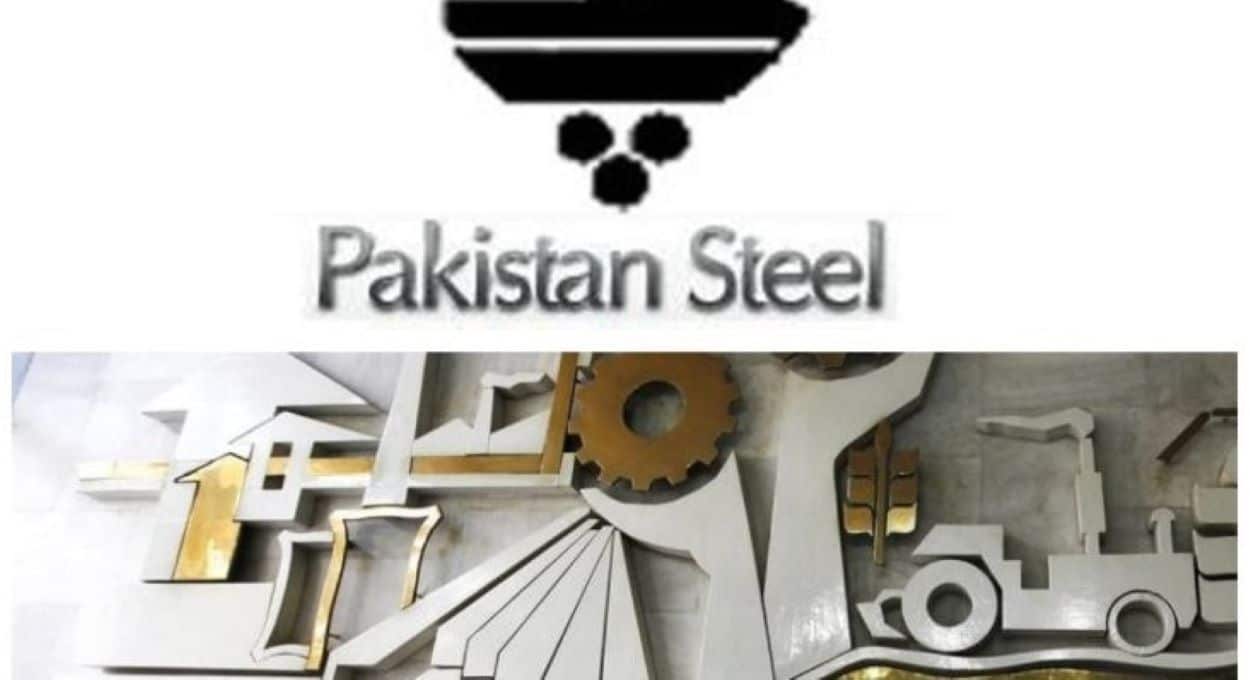The National Industrial Relations Commission (NIRC) in Karachi issued bailable arrest warrants for Asad Islam, CEO of Pakistan Steel Mills (PSM), and Director Muhammad Akram. This action followed a petition filed by a leader of a PSM employees’ union, who is seeking the reinstatement of terminated workers and payment of their owed dues.
The National Industrial Relations Commission (NIRC) instructed the Bin Qasim police to arrest Islam and Akram and bring them to court. This order follows a ruling requiring Pakistan Steel Mills (PSM) to reinstate 1,350 employees whom the company had terminated until it settles their dues. A union leader filed a petition highlighting violations of this ruling. A spokesperson for PSM confirmed the company is actively working to comply with the court’s directives, stating, “We are addressing the court’s directives.”
Background of PSM Terminations
In February 2025, PSM laid off 1,350 workers, including drivers and operators, to alleviate financial strain, according to a company statement. The company sent termination letters to employees’ homes. This decision came after years of financial losses, which eventually led the government, in July 2024, to shut down PSM. The Sindh government received an offer of 700 acres from PSM’s total 19,000-acre land for constructing a new steel plant.
In July 2025, Pakistan and Russia signed a protocol to revive Pakistan Steel Mills. Adviser Haroon Akhtar Khan led the agreement, which was signed by Federal Secretary Syed Saif Anjum and Vadim Velichko of Russia. The protocol aims to modernise the Karachi-based steel mill and potentially reverse closures while addressing employee grievances.
Pakistan projects a current account surplus of $2.1 billion for FY25, and the Federal Board of Revenue (FBR) has collected Rs1.02 trillion in taxes, signalling potential economic recovery. However, reviving Pakistan Steel Mills remains crucial for industrial growth. Due to ongoing labour disputes, the NIRC issued warrants against PSM officials. While the recent agreement with Russia brings cautious optimism, reinstating employees remains an urgent issue.






